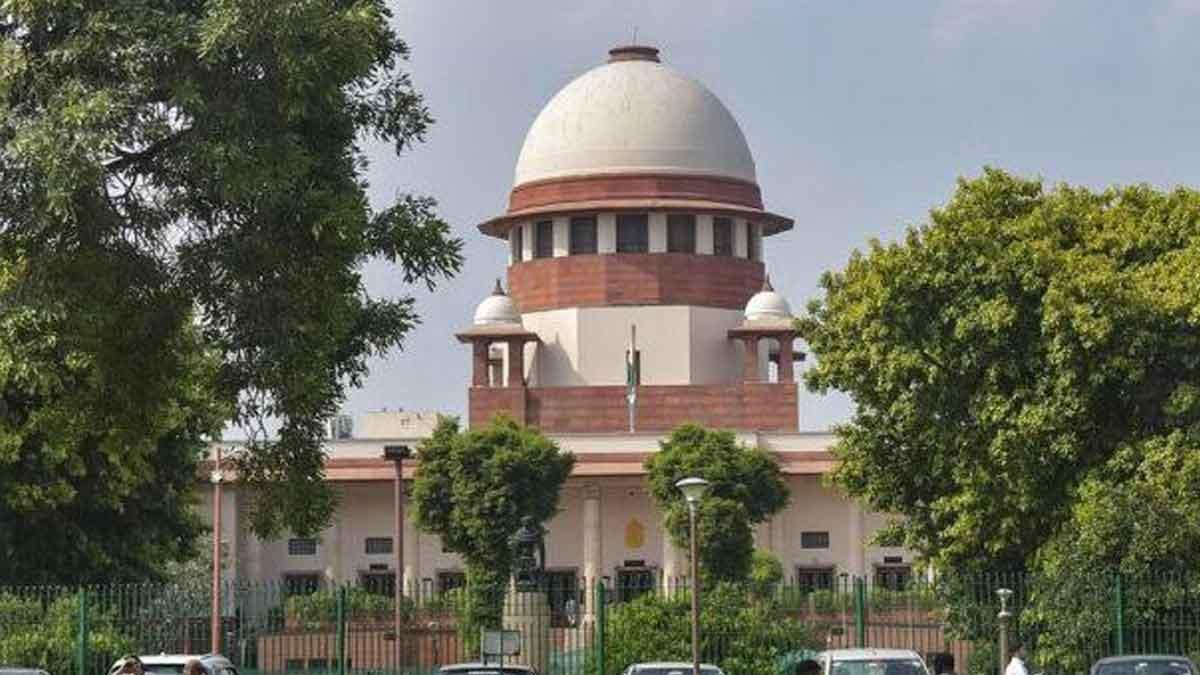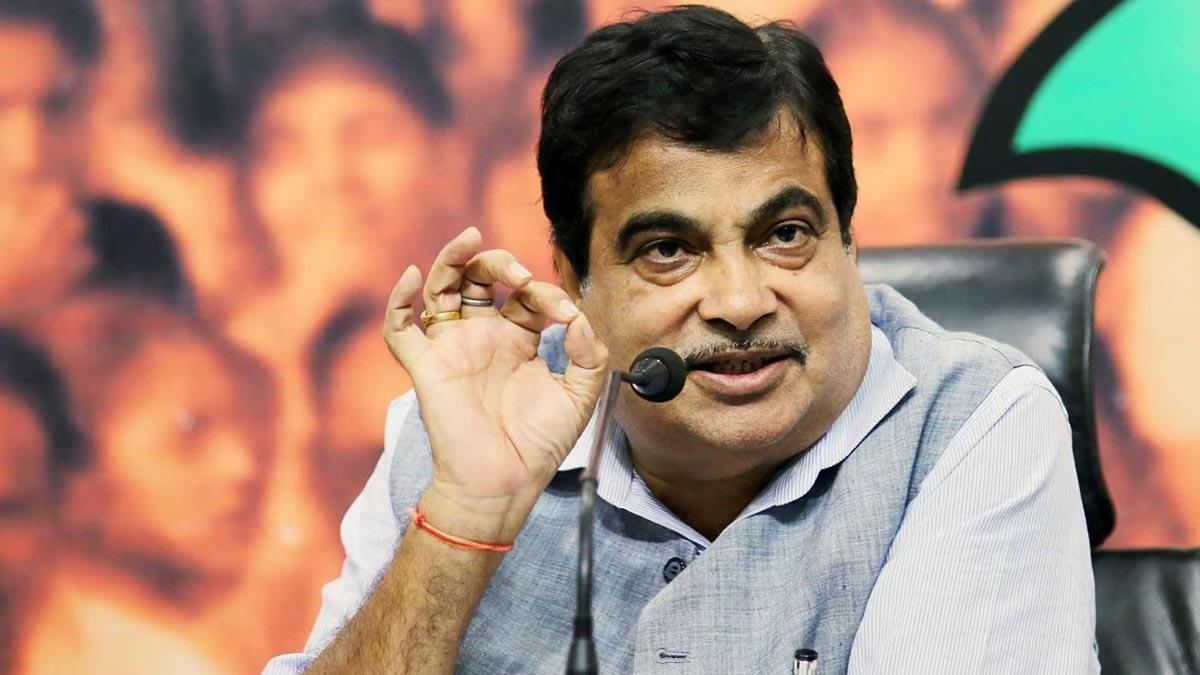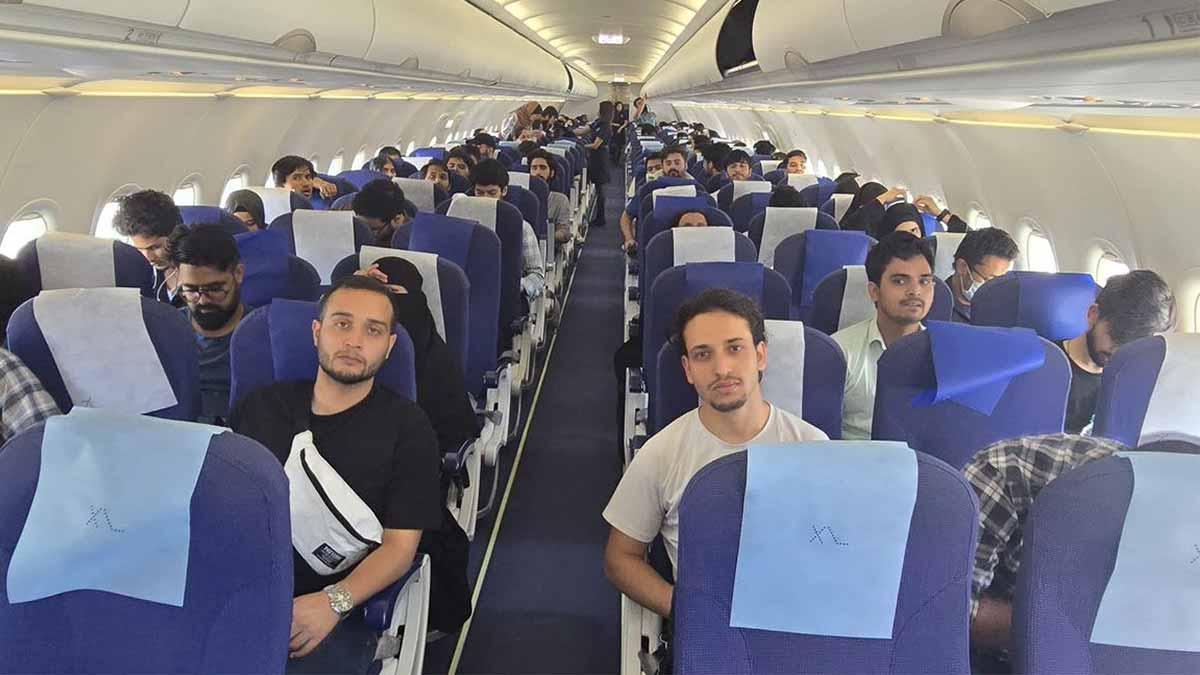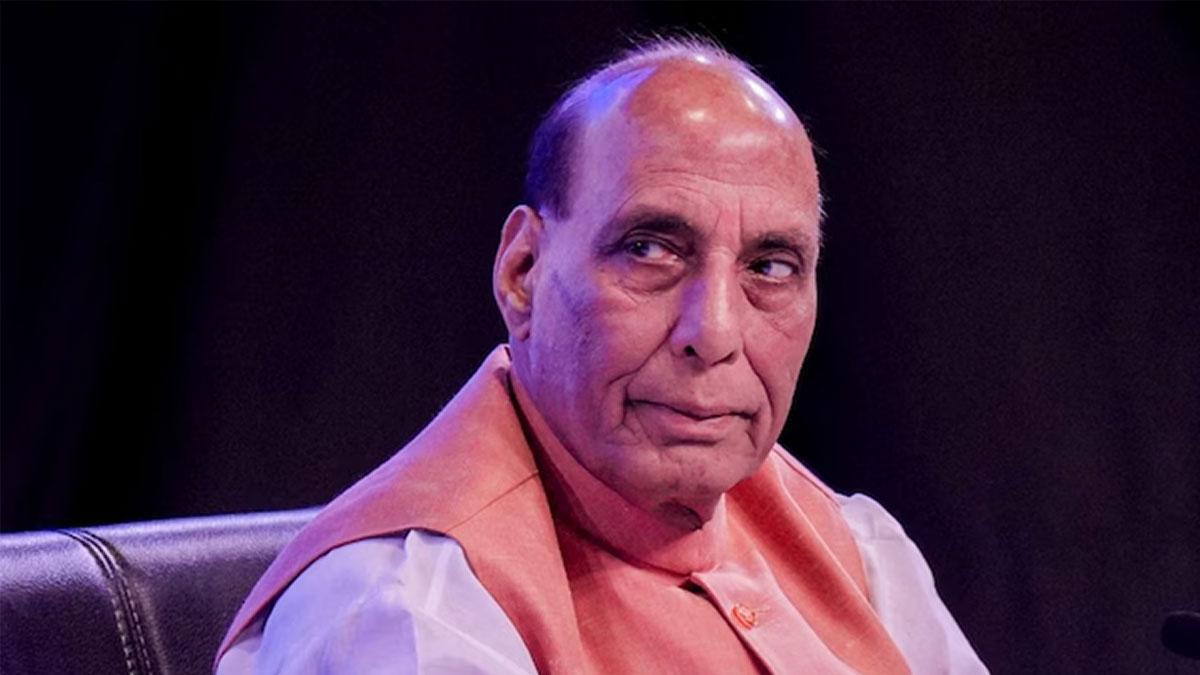In a judgment pronounced on Thursday, the Supreme Court held states can further sub-classify SCs/STs to ensure that reservations are more effectively distributed amongst the most disadvantaged amongst them.
A Bench of seven judges, led by Chief Justice D.Y. Chandrachud, held that States can bifurcate SCs and STs into sub-classifications to provide benefits to various groups within these categories on a 6:1 majority. It underlined, however, the move will have to be backed by "quantifiable and demonstrable data" so that it is not arbitrary.
This Bench comprising Chief Justice D.Y. Chandrachud and Justices B.R. Gavai, Vikram Nath, Bela M. Trivedi, Pankaj Mithal, Manoj Misra, and Satish Chandra Mishra heard 23 petitions including one lead petition by the State of Punjab against the judgment and order of the Punjab and Haryana High Court in a petition it filed in 2010. Chief Justice Chandrachud and Justice Misra delivered a common opinion, four other judges delivered separate concurring opinions and Justice Trivedi dissented.
The verdict revisits the 2004 judgment of E.V. Chinnaiah that had held SCs and STs to be homogeneous groups and, therefore, not liable to be further sub-classified from the quota allotment point of view. A number of states, having obtained this discretion from the present verdict, can now reassess this approach and introduce more granular sub-classification to make the quota system more effective for helping the most disadvantaged people in those groups.
Read also | Heavy Rain Hits Delhi-NCR: 10 Flights Diverted and IMD Issues 24-Hour Red Alert
Read also | Wayanad landslides: Death toll reaches 120, 98 missing, rescue operations underway


















